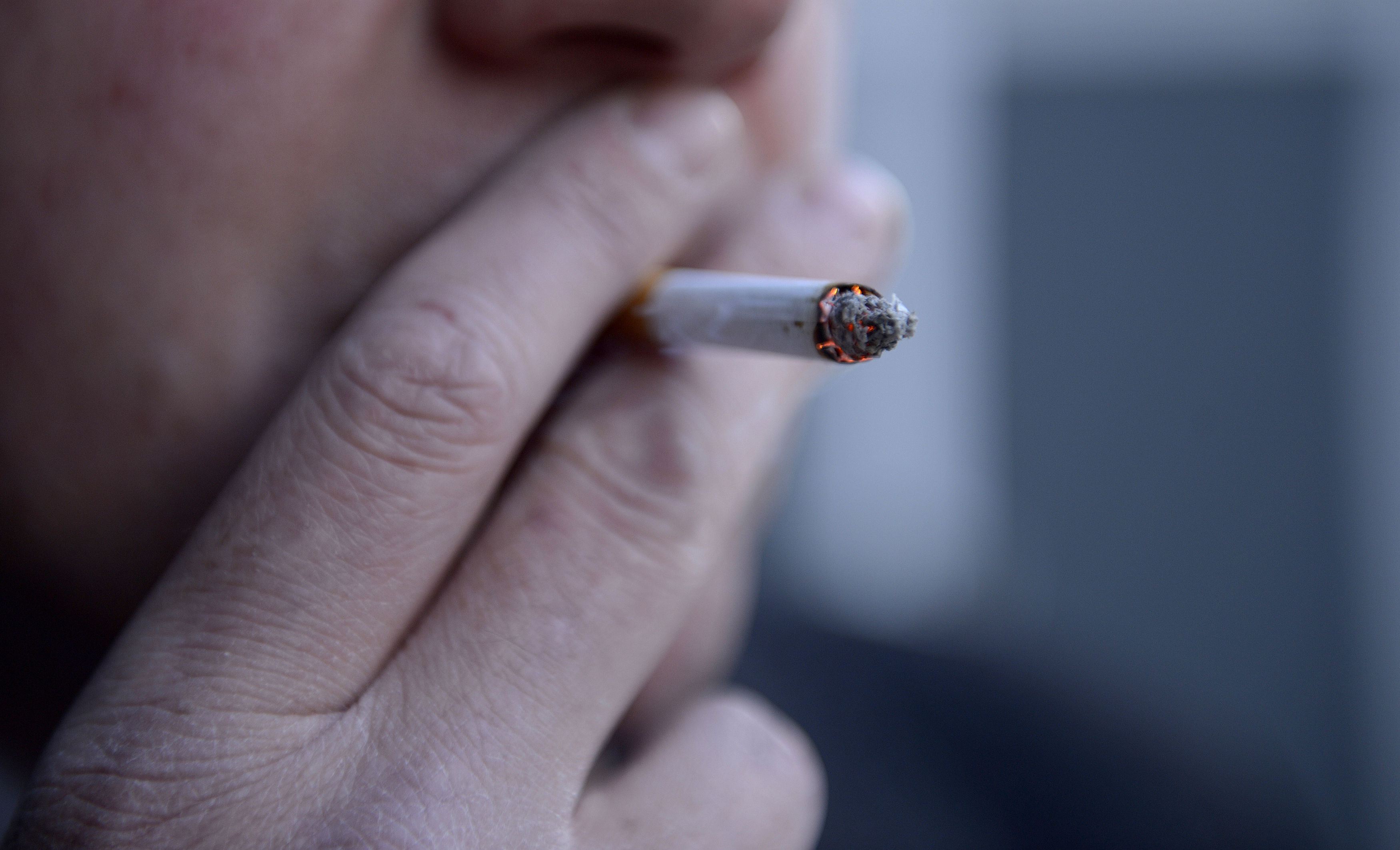
TWO-THIRDS of people who try a cigarette go on to become daily smokers, a new study has found.
Researchers found that 69% of people who had ever tried a cigarette had gone on to become a daily smoker, even if just temporarily.
The authors from Queen Mary University of London said the study showed “the remarkable hold that cigarettes can establish after a single experience”.
They said that the study, published in the journal Nicotine And Tobacco Research, provides support for reducing cigarette experimentation among teenagers.
Researchers searched global databases for studies examining cigarette experimentation and smoking habits, including research from the UK, USA, Canada, Australia and New Zealand.
Data from eight surveys – with information on more than 215,000 people – were included for analysis.
The team found that 60.3% of respondents had said they had ever tried a cigarette, and among those, 68.9% said they had progressed to daily smoking.
Lead researcher Professor Peter Hajek, from Queen Mary, said: “This is the first time that the remarkable hold that cigarettes can establish after a single experience has been documented from such a large set of data.
“We’ve found that the conversion rate from ‘first-time smoker’ to ‘daily smoker’ is surprisingly high, which helps confirm the importance of preventing cigarette experimentation in the first place.
“The UK is seeing a dramatic reduction in smoking at the moment and this tallies with recent findings that only 19% of 11 to 15-year-olds have ever tried a cigarette, so the good news is that we are on the right track.”
Prof Hajek added: “Concerns were expressed that e-cigarettes could be as addictive as conventional cigarettes, but this has not been the case.
“It is striking that very few non-smokers who try e-cigarettes become daily vapers, while such a large proportion of non-smokers who try conventional cigarettes become daily smokers. The presence of nicotine is clearly not the whole story.”

Enjoy the convenience of having The Sunday Post delivered as a digital ePaper straight to your smartphone, tablet or computer.
Subscribe for only £5.49 a month and enjoy all the benefits of the printed paper as a digital replica.
Subscribe